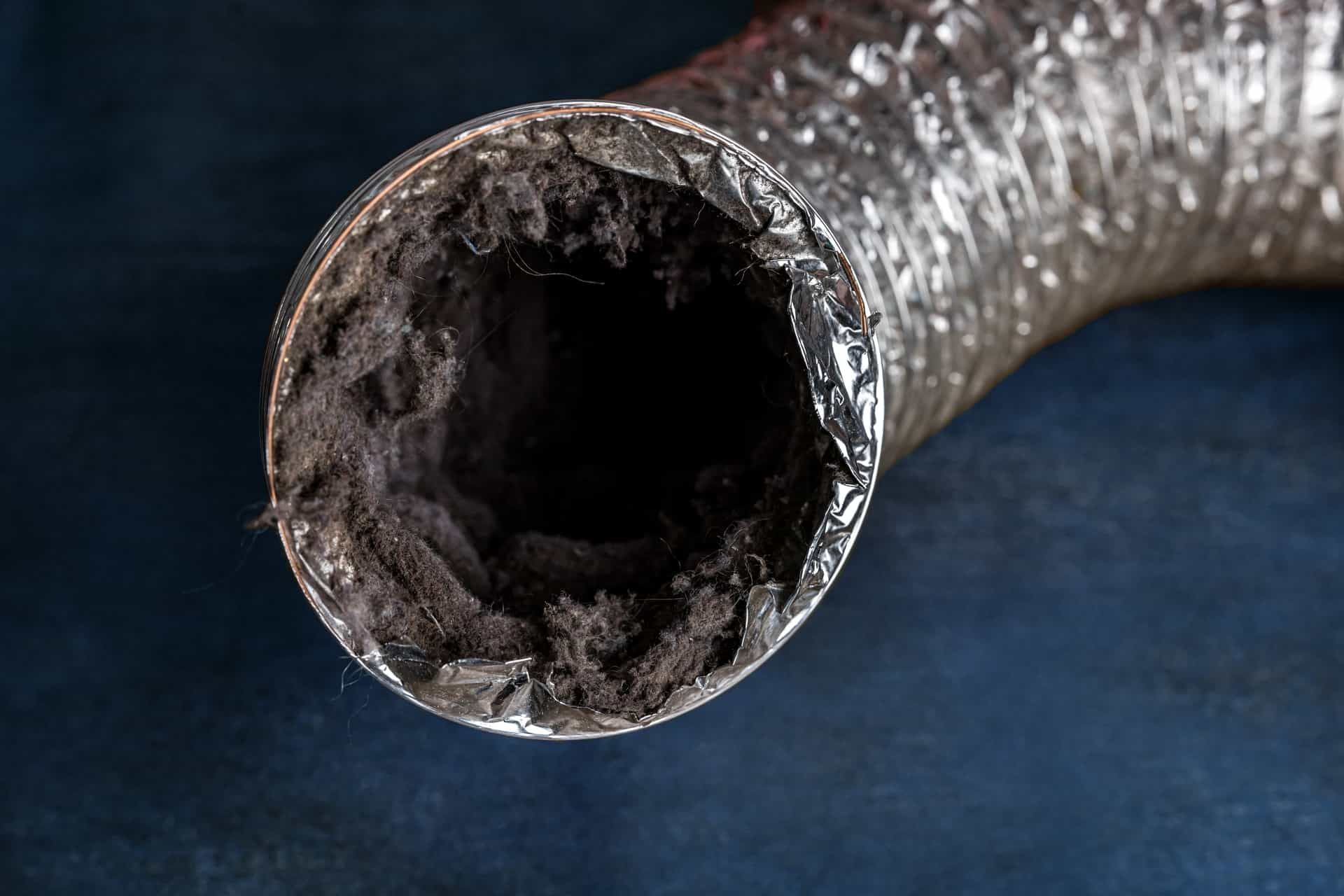Understanding the Role of Home Inspectors in the Real Estate Process
Many steps ensure the process goes smoothly when buying or selling a home. One of the most critical steps is the home inspection. But what exactly does a home inspector do, and why is their role so crucial in the real estate process? Let's break it down.
What Is a Home Inspector?
A home inspector is a professional who evaluates the condition of a home before it's sold. Their job is to carefully examine the property and identify any potential issues that might affect its value or safety. Home inspectors look at everything from the roof to the foundation, checking for problems like leaks, structural damage, faulty wiring, and more.
Why Are Home Inspections Important?
Home inspections are vital for several reasons, especially when it comes to making informed decisions in real estate:
1.Uncover Hidden Issues: Even if a home looks perfect outside, there could be hidden problems that only a trained inspector can spot. This might include issues with the plumbing, electrical systems, or the roof. Identifying these problems early can save buyers and sellers from unexpected costs later.
2. Negotiate Repairs or Price Adjustments: If the inspection reveals significant issues, the buyer can request repairs or negotiate a lower price. This gives buyers leverage to ensure they are getting a fair deal. Being aware of these issues allows sellers to address problems before listing the home, making it more attractive to potential buyers.
3. Peace of Mind: Buying a home is a significant investment, and having an inspection provides peace of mind. Buyers can feel confident knowing the home has been thoroughly checked and any significant issues have been identified.
The Home Inspection Process
So, what happens during a home inspection? Here's a step-by-step look at the process:
1.Scheduling the Inspection: A buyer usually schedules an inspection once they are interested in a home. The buyer can choose their inspector or go with one their real estate agent recommended.
2. Inspection Day: The inspector will look at the home's exterior on inspection day. This includes the roof, foundation, siding, windows, and doors. They'll check for signs of damage, wear, or anything that might need repair.
3. Interior Inspection: Next, the inspector will move inside the home. They'll look at the plumbing, electrical, heating, and cooling systems and the structure itself. The inspector checks everything to ensure everything is in working order and notes potential issues.
4. The Inspection Report: After the inspection, the inspector will compile their findings into a detailed report. This report will describe any problems, provide photos, and provide repair recommendations. Both the buyer and seller will receive a copy of this report.
5. Reviewing the Report: The buyer and their real estate agent will review it together. They can discuss the next steps if any significant issues are found, such as asking the seller to make repairs or adjusting the purchase price.
Common Issues Found During Home Inspections
Home inspectors are trained to spot various issues, but some problems are more common than others. Here are a few issues that often come up during inspections:
1.Roof Problems: Missing shingles, leaks, or damaged flashing are common issues with roofs. These problems can lead to water damage inside the home if not addressed.
2. Plumbing Issues: Leaky faucets, clogged drains, or faulty water heaters are some plumbing problems that inspectors often find. These issues can lead to water damage and mold growth if not fixed.
3. Electrical Problems: Common issues include faulty wiring, outdated electrical panels, or insufficient grounding. Electrical problems can be a safety hazard, increasing the risk of fires.
4. Foundation Issues: Cracks in the foundation, uneven floors, or doors that don't close properly can all indicate foundation problems. These issues can be costly to repair and affect the home's structural integrity.
5. Pest Infestations: Inspectors often find signs of pests like termites, which can cause significant damage to the wood structure of a home. Pest infestations can be a serious issue and require immediate attention.
How Home Inspectors Help Both Buyers and Sellers?
Home inspectors play a crucial role in the real estate process for both buyers and sellers:
- For Buyers: A home inspection helps buyers avoid purchasing a home with significant problems. It provides a clear picture of the home's condition, allowing buyers to make informed decisions.
- For Sellers: An inspection can help sellers identify issues before listing their home. By addressing problems early, sellers can avoid sales delays and increase the home's market value.
What to Do After the Inspection?
Once the inspection is complete and the report is in hand, there are several steps both buyers and sellers can take:
1.For Buyers: If the report reveals issues, the buyer can negotiate with the seller. They might ask for repairs, a price reduction, or credits to cover future repairs. If the problems are too significant, the buyer may choose to walk away from the deal.
2. For Sellers: If the inspection report highlights issues, the seller can decide whether to make the repairs themselves or offer a discount to the buyer. Addressing these issues promptly can help ensure a smooth closing process.
Conclusion
Home inspectors are essential in real estate, providing a critical service that benefits buyers and sellers. By uncovering hidden issues, helping with negotiations, and offering peace of mind, a thorough home inspection can make the difference between a good investment and a costly mistake.
Whether you're buying or selling a home, understanding the role of a home inspector can help you navigate the real estate process confidently.
Guardian Angel Inspection provides expert guidance and thorough evaluations, ensuring that you have all the information needed to make informed decisions. So, next time you're involved in a real estate transaction, ensure you have a trusted home inspector like Guardian Angel Inspection to guide you through this critical step.
Disclaimer: The information on this website and blog is for general informational purposes only and is not professional advice. We make no guarantees of accuracy or completeness. We disclaim all liability for errors, omissions, or reliance on this content. Always consult a qualified professional for specific guidance.
Share this entry







